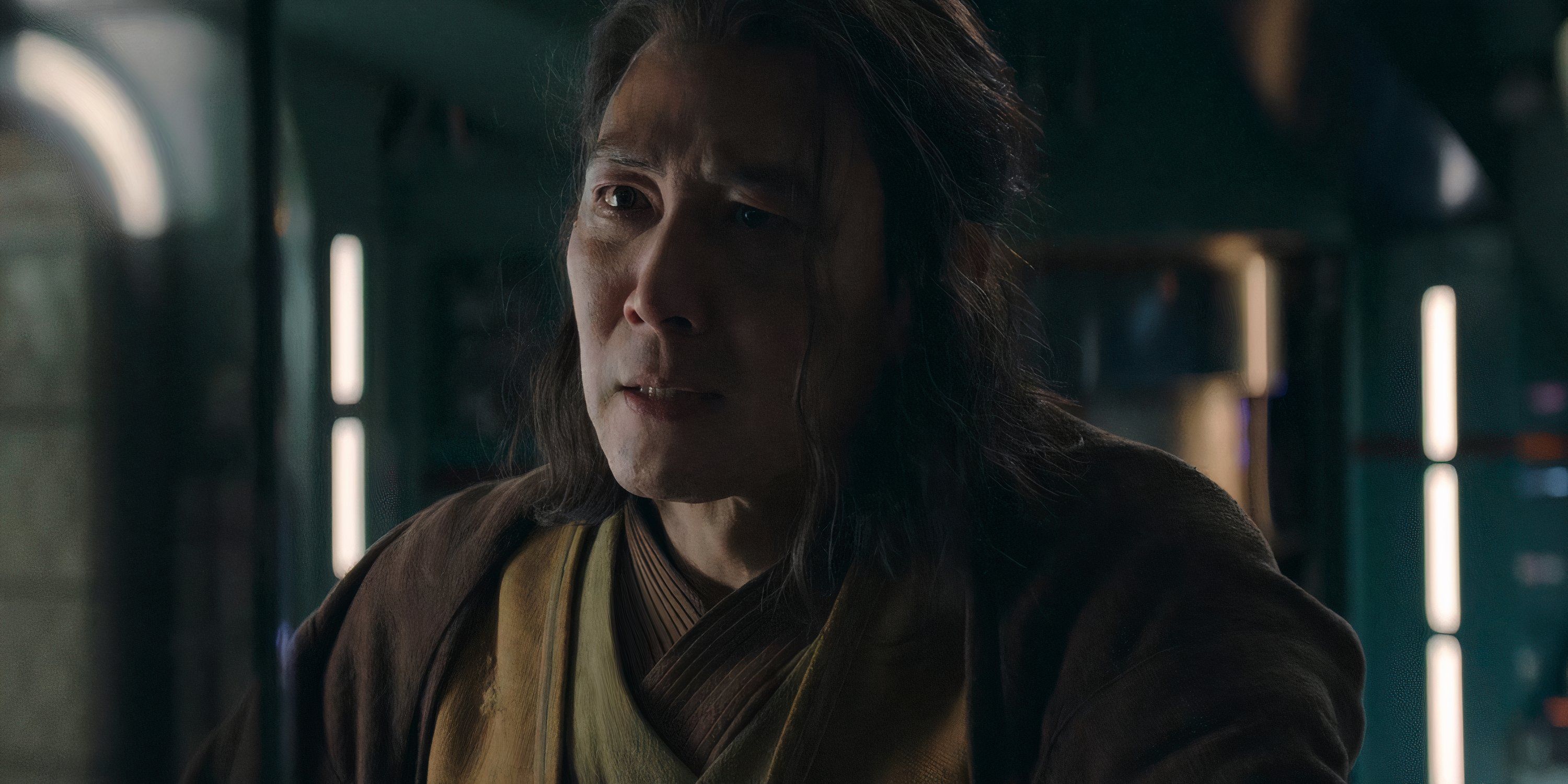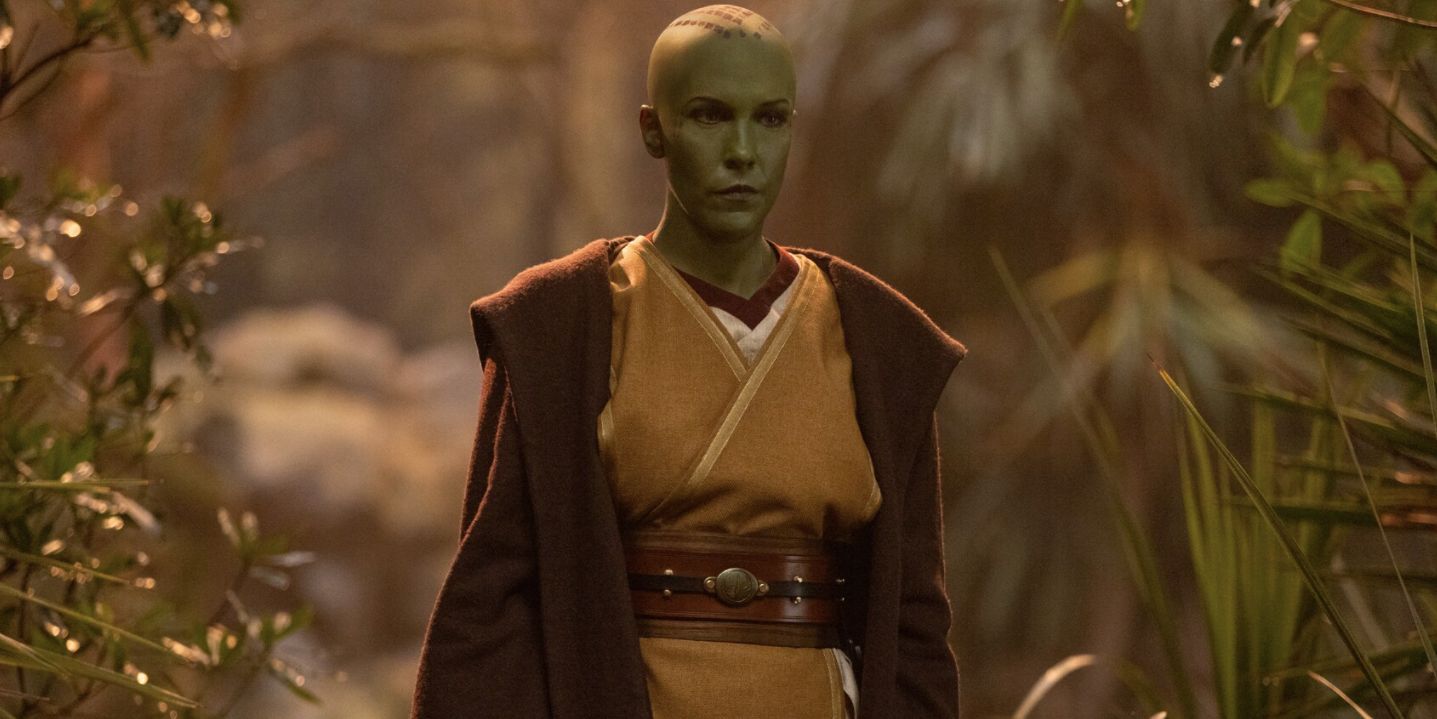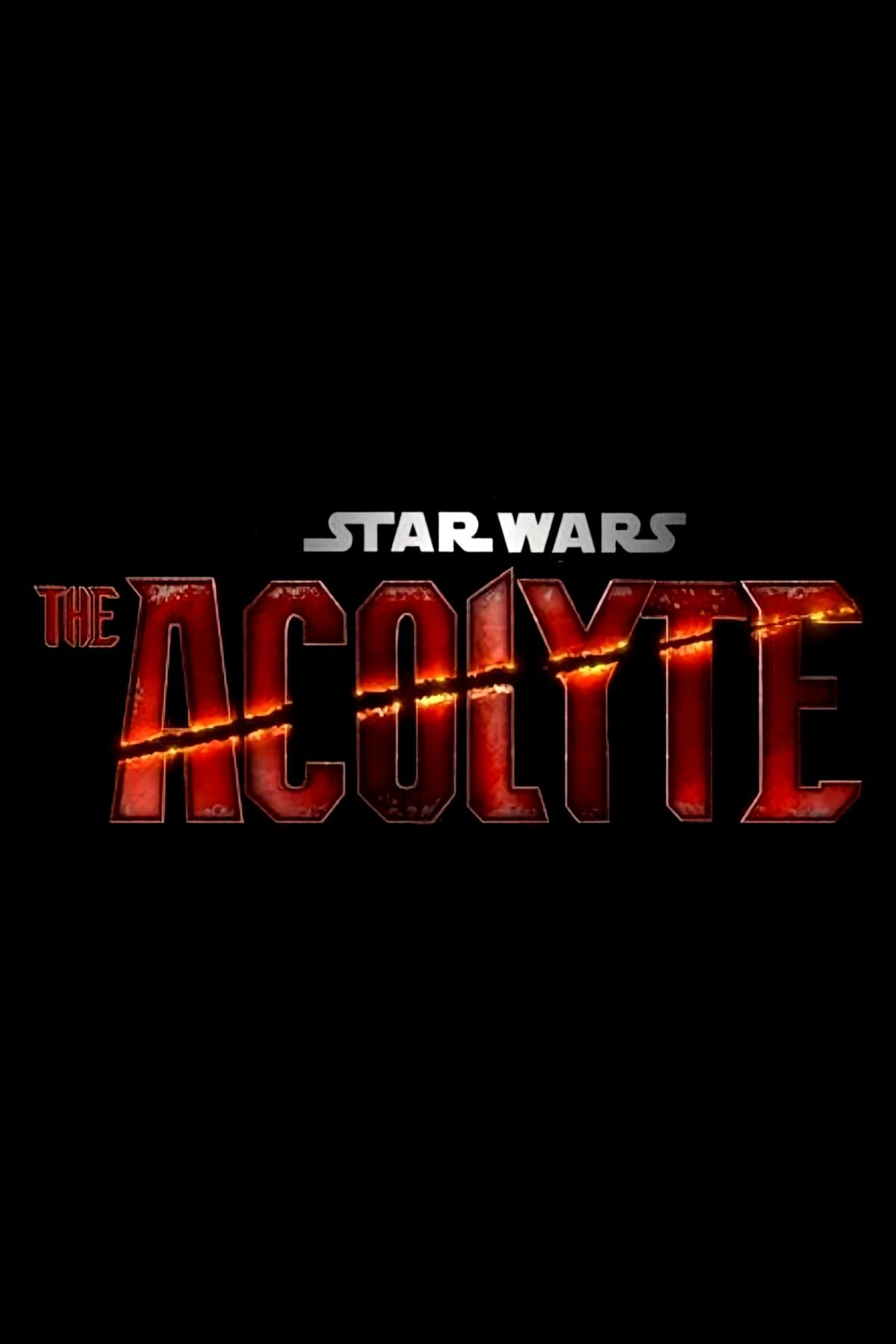Summary
- In
The Acolyte
Master Sol was not the only High Republic Jedi to make a serious error in judgment. - Jedi Master Elzar Mann reacted similarly poorly in the midst of a stressful situation.
- It is likely that both Jedi Masters are partially to blame for the Jedi’s future views on emotions and attachment.
In it Star Wars In-universe and in fandom, Jedi are often revered as heroes of the galaxy. Many Jedi are worthy of such a title, spending their entire lives serving to protect innocent people from harm. However, people often forget that just because Jedi are powerful doesn’t mean they are perfect. Jedi were taught to seek peace, to use violence as a last resort, and to not let their emotions stop them from making the right decisions. However, Jedi make errors in judgment just like anyone else. It just so happens that when a Jedi makes a mistake, the consequences are often monumental.
The High Republic era has greatly changed the way the public views Jedi. This began in the books with Jedi, such as Master Elzar Mann, and has continued in The AcolyteIn Season 1, Episode 7, “Choice,” Master Sol made a rash decision that had cascading negative consequences. His actions haunted him for years after the catastrophic event in question, all because of the emotional connection he felt toward two complete strangers. This was not the first time in High Republic history that a Jedi let their emotions get the better of them in a stressful, high-stakes moment. Parallels between the great mistakes of Elzar Mann and Master Sol may indicate why the Jedi of the Galactic Republic era are not the same as those of the High Republic centuries before.
The irreversible error of the acolyte of Master Sun
- Actor Lee Jung-jae appeared in all eight episodes of The Acolyte.
- A great Star Wars Fan, learned English specifically to play the role of Sol in a galaxy far, far away.
- Aniseya’s mother was portrayed by actress Jodie Turner-Smith in two episodes of the series.
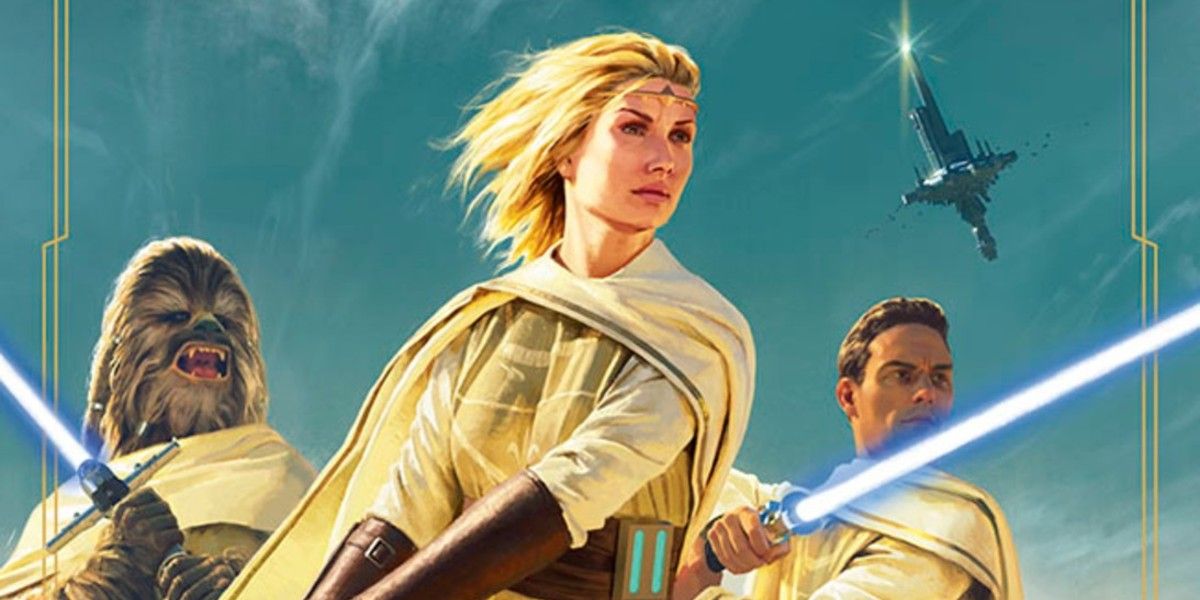
Related
Explanation of the reference to the Great Hyperspace Disaster in The Acolyte
Learn more about the Great Hyperspace Disaster, the major High Republic event referenced in the latest episode of The Acolyte.
Soon enough, upon arriving on Brendok and discovering the twins, Sol developed a sudden, almost obsessive attachment to Osha. She claimed over and over again that the twins’ safety was her greatest concern, but this had unintended and devastating consequences. The moment Mother Aniseya began to implement what was likely a protective spell against Mae, Sol immediately acted without thought or hesitation. Apparently, she didn’t even realize at the time that it was Mae, not Osha, who was on the receiving end of Mother Aniseya’s magic. She inflicted a fatal wound on Aniseya with her lightsaber in an attempt to protect one of the twins from harm when that was exactly what one of their mothers had already been doing in the first place.
This was supposedly It was not the first time that Master Sun acted on impulse. in response to intense emotions. Master Indara made a comment earlier in the episode suggesting that her tendency to become emotionally attached to others in unhealthy ways was the reason she had a Padawan and he did not. Sol may have had good intentions initially when she saw the way the twins were being treated; she may have genuinely wanted to help them. However, her obsession with saving them directly led to permanently damaging them when she took the life of their mother right in front of one of them. The Jedi even took this a step further when, after getting Osha off-planet, they crafted the story that Mae had started the fire that led to massive loss of life.
The error of judgment that changed Elzar Mann’s life
- Elzar Mann was close friends with famed High Republic Jedi Stellan Gios and Avar Kriss.
- He formed a strong emotional bond with Master Avar, whom he had known since they were young.
- He was finally forced to confront his guilt for what he did at Starlight Beacon.
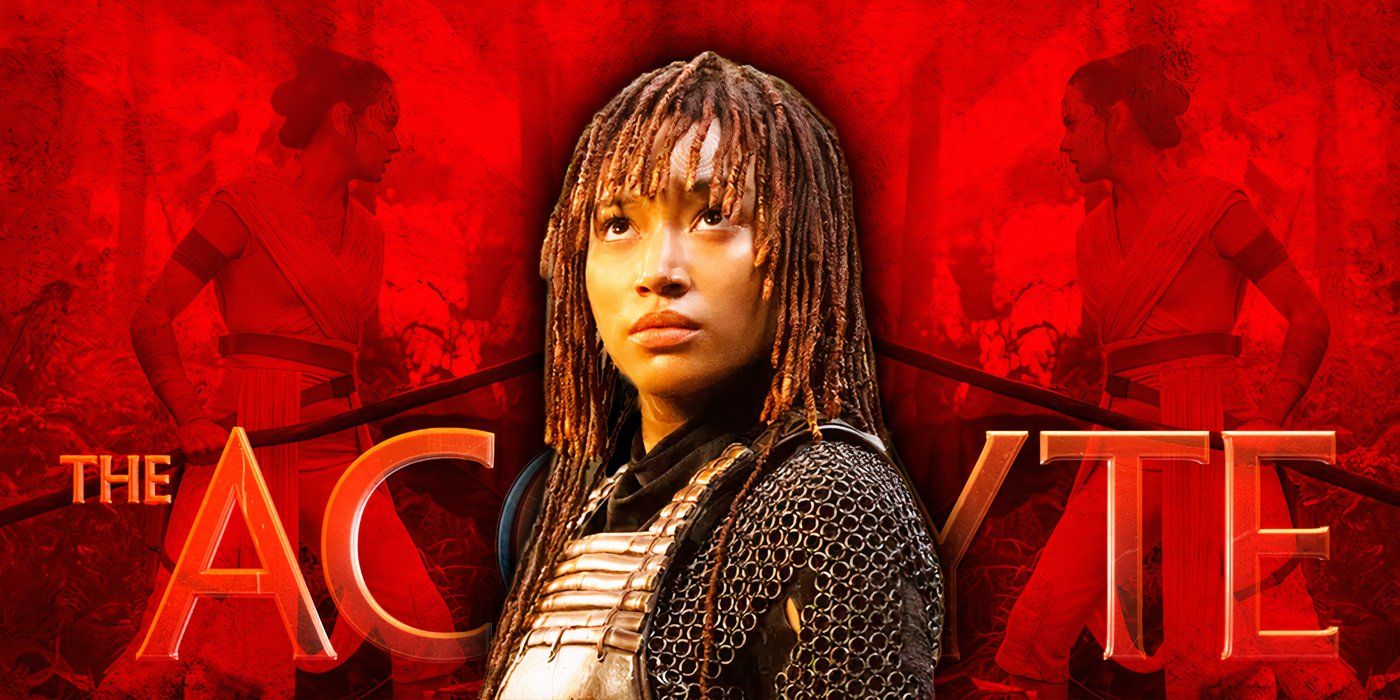
Related
The Acolyte: Osha’s journey bears strong similarities to another hero from the Star Wars sequel trilogy
The first season of The Acolyte offers Osha a new chapter full of twists in her life that ties into what happened in the sequel trilogy many decades later.
Master Elzar Mann lived a century before Sol, but fell prey to the same urge to use his weapon before his mind. The tragedy of Starlight Beacon’s fall changed the galaxy forever, but what happened inside the station before it fell severely altered Elzar’s life as well. Nihil scientist Chancey Yarrow was attempting to fix part of the station and potentially stop it from crashing into the planet below, but she never made it out of Starlight alive. Master Elzar discovered her and, without thinking, reacted with his lightsaber immediately. At the time, he hadn’t realized she was trying to help save the station. He grew defensive, thinking she was doing the opposite, and prematurely ended her life before she could do any good. The greatest tragedy of all was that most of the people who had been on the station before it fell actually ended up surviving.
Sol’s impulsive behavior in The Acolyte This mistake is very similar to the one Elzar made during the time of the High Republic. Both of them acted differently than how Jedi of that era had been ordered to behave. Although restrictions on emotional attachments during the High Republic were not as strictly upheld as when Anakin Skywalker joined the Jedi Order during the Galactic Republic over a century later, Jedi were warned about the dangers of letting their emotions cloud their judgment. However, both of these events could explain why Jedi of the later era were so intensely guarded against attachment to anything. Jedi of the later Republic were known to have very few possessions and were severely discouraged from feeling even positive emotions towards things, not the Force. Perhaps Elzar and Sol’s mistakes were not the only catalysts that led to the banning of attachment, but they likely played a role in it.
It turns out the Jedi aren’t the bad guys.
- Originally, members of the Jedi Order were peacekeepers, mediating conflicts between the peoples of the Republic.
- The Jedi, over time, became protectors and eventually defenders of the government they served.
- The Clone Wars ended when the Jedi were turned into enemies of the government and were virtually wiped out.
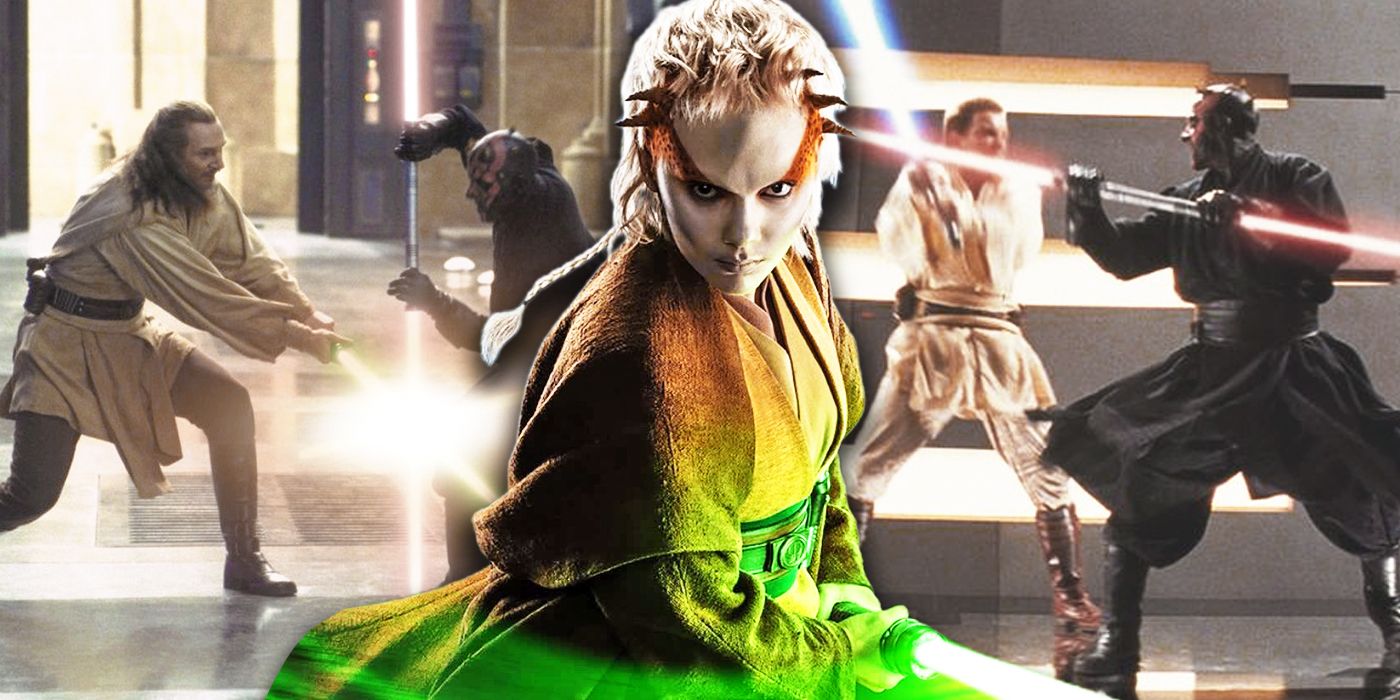
Related
The Acolyte enhances The Phantom Menace’s epic fight scene
The Acolyte revolutionizes what Star Wars: The Phantom Menace did with its iconic fight between Darth Maul, Qui-Gon Jinn and Obi-Wan Kenobi in 1999.
Various forms of Star Wars The media over the past few decades has done much to paint the Jedi as the enemy in the story of the rise of the Galactic Empire. Star Wars, The Clone Wars The TV show especially showed viewers the role the Jedi Order played in devastating the galaxy over the long, drawn-out duration of the war. In many ways, the Jedi as an institution were responsible for Palpatine’s rise to power, and the citizens of the galaxy largely lost faith in what the Jedi used to stand for. However, there were always genuinely good Jedi portrayed as heroes trapped in a dying beast. The High Republic has turned this view on its head in recent years, offering a different take: perhaps some Jedi are just not fit to serve.
The Acolyte The fact that Master Indara originally intended to do everything by the book clearly showed that Master Indara originally intended to do everything by the book. When things started to go wrong on Brendok, she even contacted the Jedi Council for guidance, exactly as she should have done. Both Padawan Torbin and Master Sol acted against the council’s wishes – they made an active choice to ignore orders and go against what they had been taught as students. The Jedi Order did not influence them to do so, but rather strongly urged them not to. It is not possible to blame the Jedi Order for every element of the Empire’s eventual rise. Although, covering up the unspeakable things some of its members have done to innocent people is certainly not something that can be forgiven.
Master Elzar and Master Sol are different in many ways. They grew up in the Jedi Order at drastically different times in the High Republic over a century apart and served different roles in the Order during very different key moments in the galaxy. Their similarities cannot be ignored, however. Both Jedi struggle with their tendency to become deeply attached to others and how to handle this as members of an institution that asks them not to react emotionally to situations. Both Elzar and Sol failed at this in major ways, and They continued to feel the negative repercussions of their mistakes for years to come..
However, it was not the Jedi Order that caused their fatal impulsiveness. The Jedi did not teach any of them to do harm in order to save the galaxy. However, it is possible that the Jedi Order could have attended more carefully to the different emotional needs and struggles of these Jedi and others like them. Perhaps if they had specifically trained them in a way that accommodated their heightened sensitivity to emotional attachment, their stories might have turned out very differently in the end.

